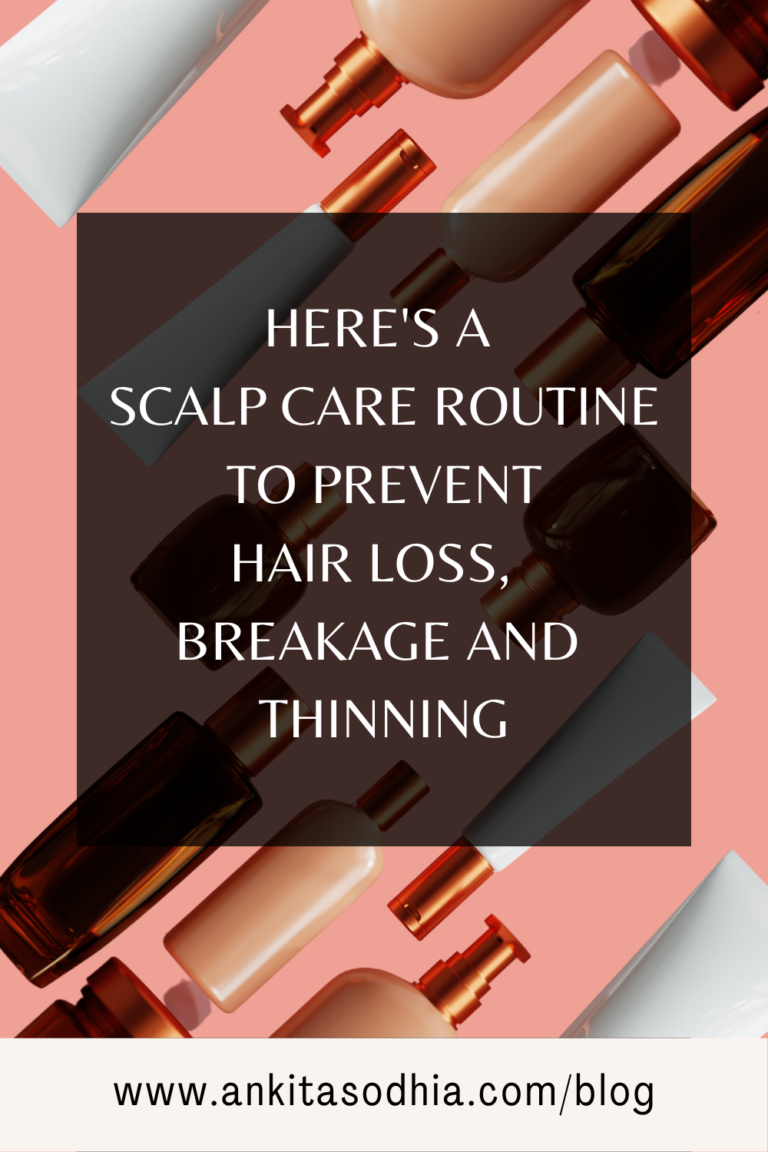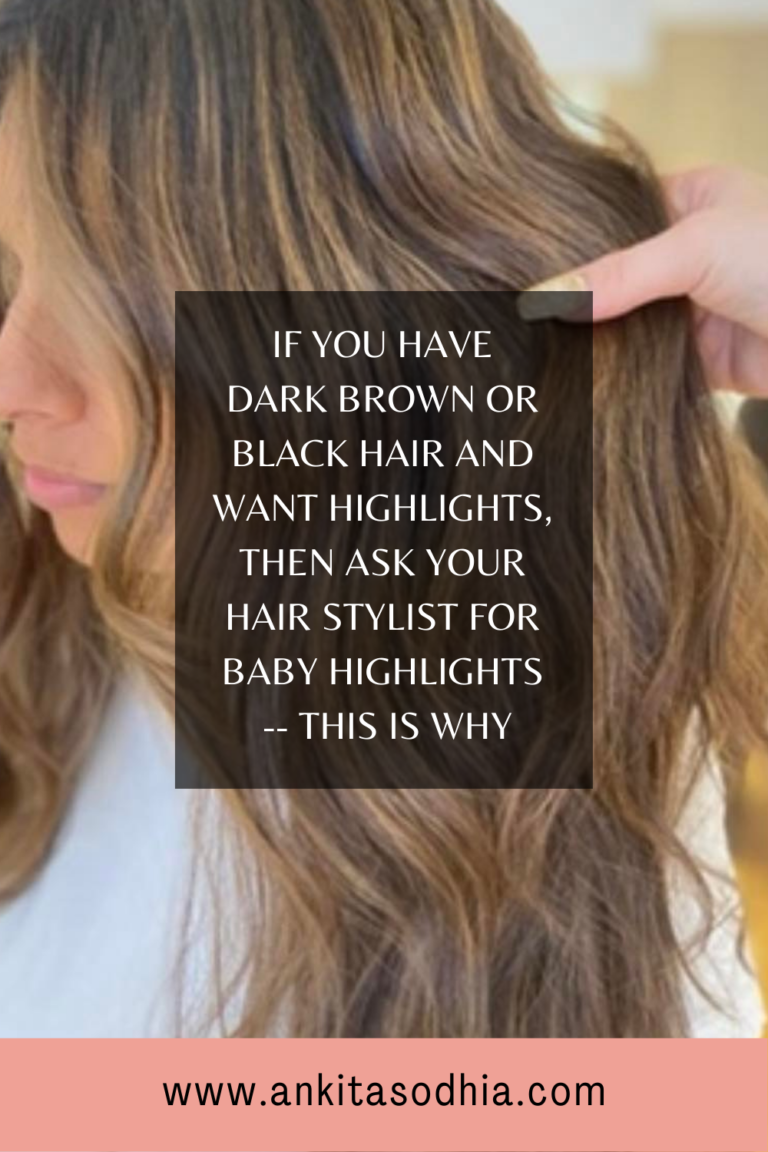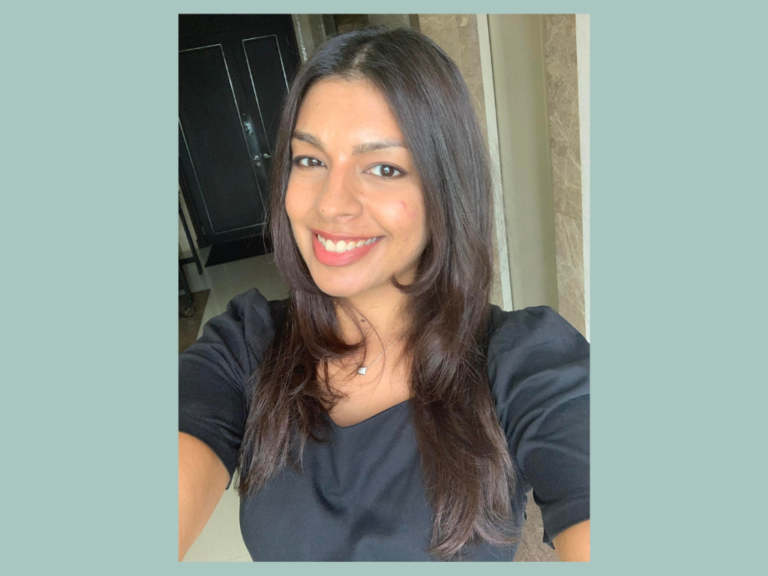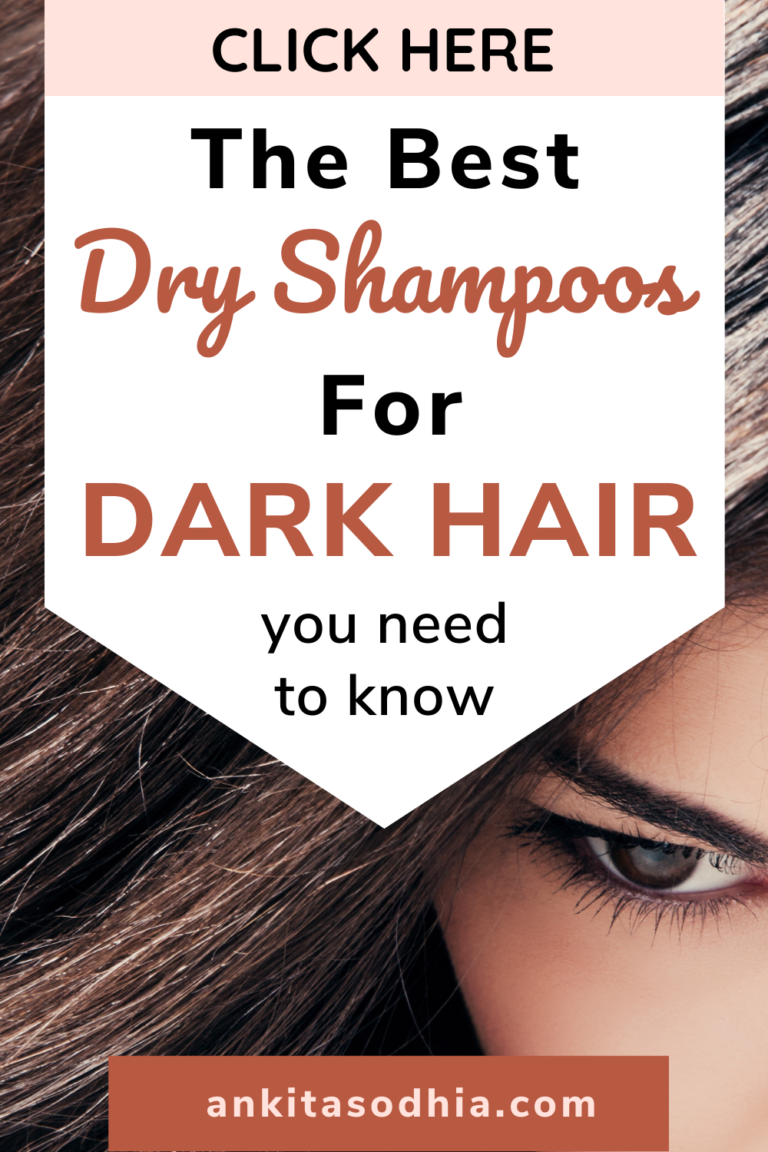Why Is Your Hair Falling Out? I Bet You Never Thought This Might Be The Reason
In a poll on my Instagram 94% of respondents indicated that general hair health was a major area of interest with “why does hair fall” and “how to stop hair from falling out” being the specific requests.
Seeing how pertinent and pressing this topic is for so many of you, I did some research and digging to bring you some important information about the causes of hair fall and ways to reduce “hair falling out like crazy” to quote so many of you in my DMs. Don’t worry, you are not alone in your hair fall woes — and there are ways to help. But the first thing is to figure out why your hair is falling out.
The quality of your hair — texture, volume, shine, softness — is an indication of your scalp’s health and general body health. So, if your hair is falling, then it’s an indication that there might be something lacking or imbalanced in your diet, health and/or healthcare routines.
Table of Contents
Why is your hair falling out
There are so many reasons why hair falls out. It’s not easy to pinpoint just one, but what helps is to look for triggers and causes in your everyday life, so you know when action is required.

Photo by Paul Siewert on Unsplash
Extreme stress
You may experience hair fall as a result of a change in your daily life. Extreme stress is a cause of hair fall (hair loss) because it can accelerate the rate at which hair moves through the growth cycle; instead of the hair staying on your head (resting phase) at the normal rate, it moves to the shedding phase much quicker. This is known as telogen effluvium. Other extreme stress-triggered hair loss conditions are trichotillomania and alopecia areata.
Hormonal changes
It’s very common to experience hair fall (also known as postpartum hair loss) 3-4 months after having a baby due to falling estrogen levels in the body as it returns to a normal, non-pregnant state. Hair growth should be back to normal within 12-15 months postpartum. Some easy ways to help with the hair fall: continue taking prenatal vitamins; eat a healthy diet with lots of protein; and don’t be too stressed.
Similarly, being on and off birth-control can cause hair fall because hormone levels change in the body and affect hair growth.
Health and medical conditions
Hair health is an indication of the body’s health. If something is lacking or imbalanced, then hair fall and hair loss can be a sign of certain health conditions.
Here are some of common health conditions, which cause hair fall:
- Alopecia areata & androgenic alopecia
- Thyroid
- Hypertension
- Lupus
- Diabetes
- Autoimmune diseases
Hair scalp conditions
A condition on the scalp can cause hair fall:
- Dermatitis
- Dandruff
- Eczema
- Psoriasis
Unbalanced nutrition and vitamin deficiencies
Hair health is linked to the body’s overall health. If you have an unbalanced diet, don’t drink enough water, and/or have vitamin deficiencies, then there is a high chance that hair fall (and other things such as thinning and dry texture) will be one of the first indicators of this. It is vital to have healthy, balanced meals and the right vitamins to promote hair growth.
Did you know hair is made of protein? So, having a diet made of up healthy proteins such as green vegetables, beans, fish, chicken, egg etc., is vital.
Make sure you’re getting enough vitamin D, vitamin C, vitamin B (biotin), iron, zinc through your diet and supplements because these are essential to help prevent hair fall.
Related:
Vegetarian Foods And Snacks To Boost Scalp Health And Prevent Hair Fall
Here’s A Scalp Care Routine To Prevent Hair Loss, Breakage And Thinning
Bad haircare routine
Are you treating your hair with the love it truly deserves?
Hair fall can happen if the scalp is not healthy or clean. Here are a few things to keep in mind:
- Minimize product build-up: Apply leave-in products such as serums and oils 1/2 an inch from the root
- Wash hair regularly to prevent clogged hair follicles, which limits hair growth
- Use a shower filter if you live in an area that has hard water because it can cause dry scalp and flaking skin. Hard water deposits an excess amount of minerals onto the scalp, creating a film on the hair, which makes it difficult for moisture to penetrate and leaves it dry and brittle. This can lead to hair loss.
- Excess chemical damage from chemicals, colours, bleach, relaxers etc.
- Applying too much of a certain hair product such as oil affects the scalp’s pH balance
- Avoid the over-use of heat tools
Sleeping with wet hair
Wet hair is softer and weaker compared to dry hair, so it is more prone to breaking. If you frequently sleep with wet hair, which is already extra soft and vulnerable, then it starts to get weak at the root and begins to fall.
A wet scalp is also the breeding ground for fungal infections, dandruff, and skin irriations, which eventually leaves the scalp dry and itchy.
Unhappy scalp = unhappy hair. It’s that simple.






